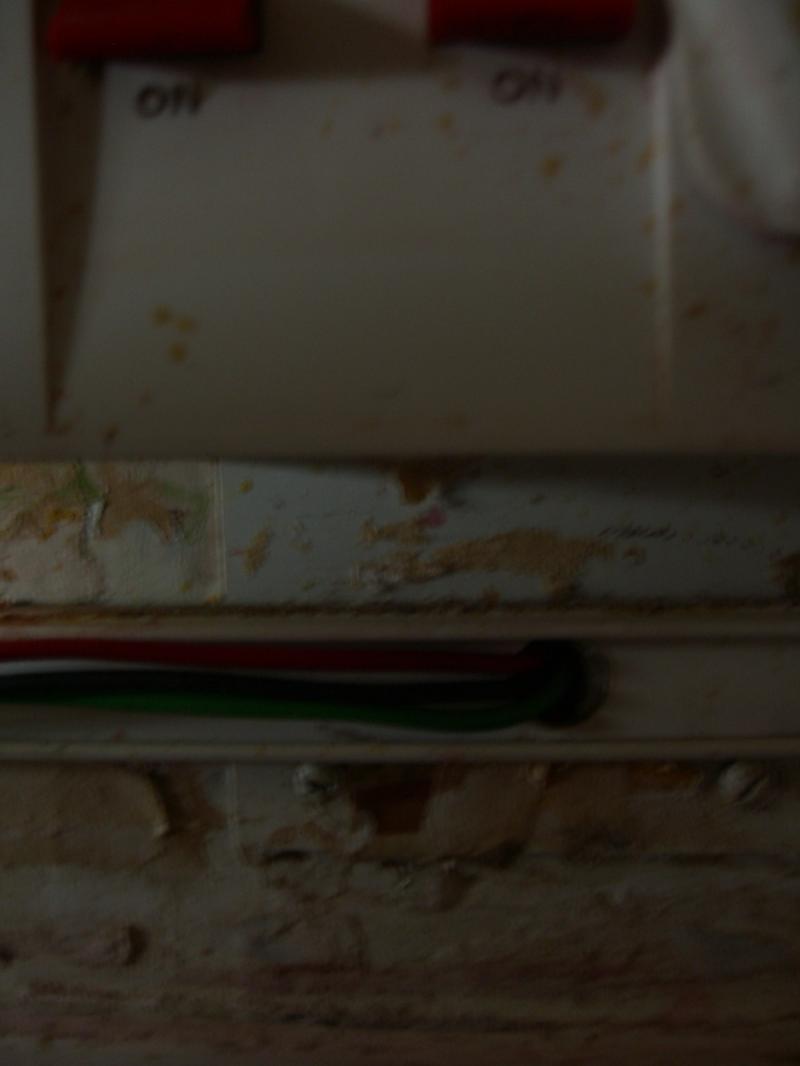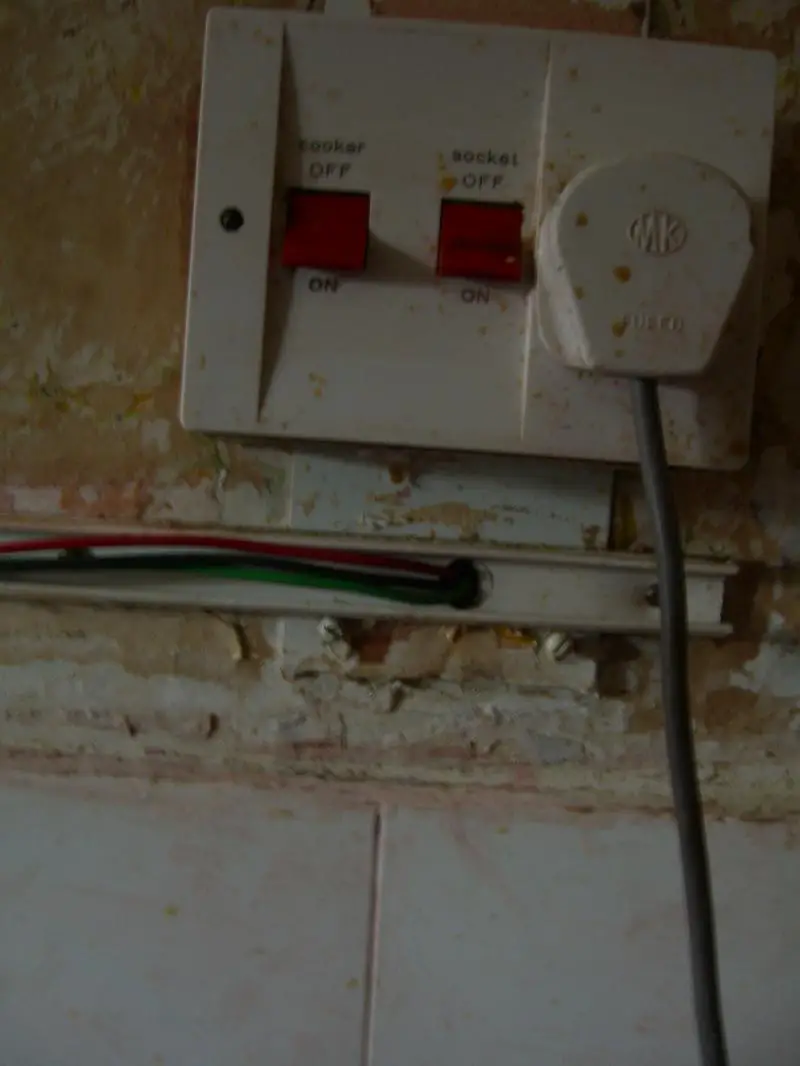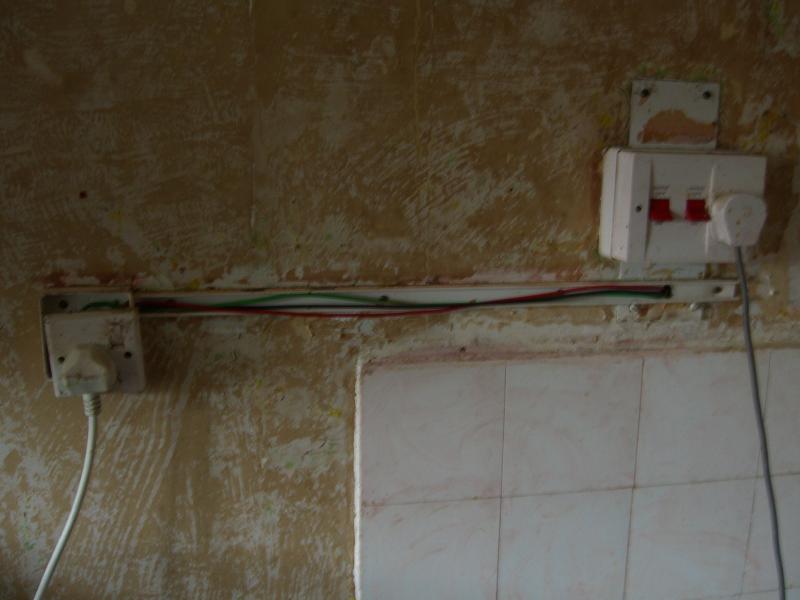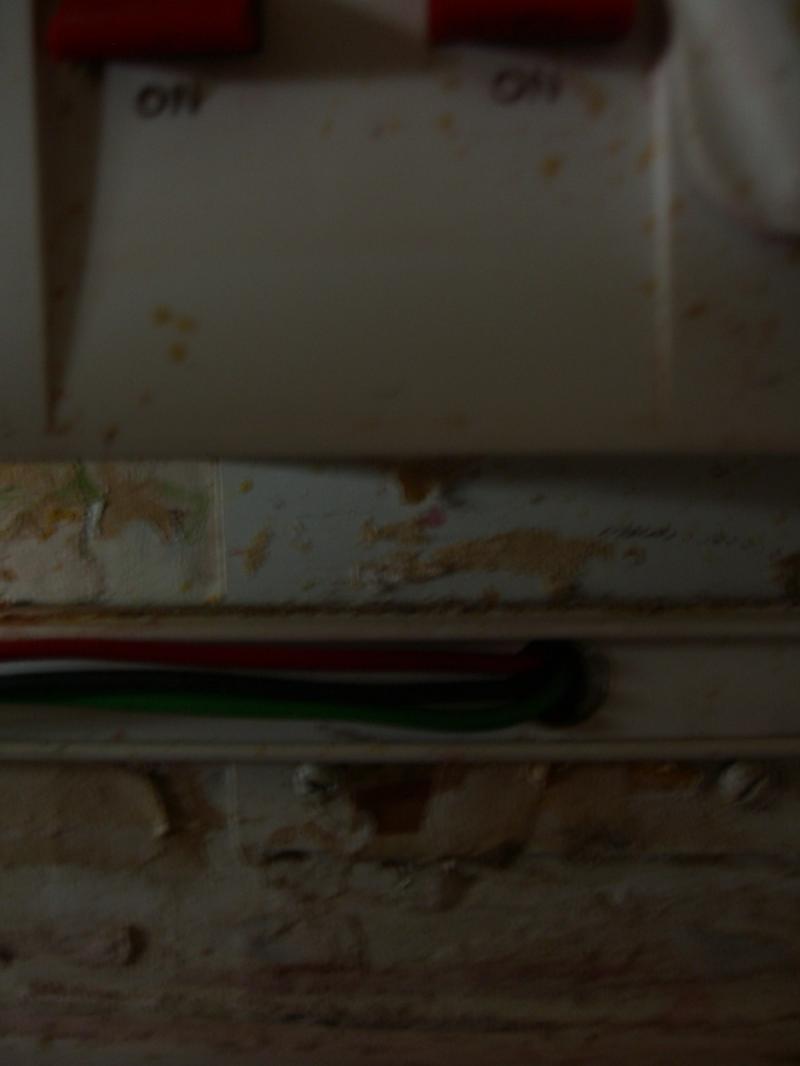hello.
i need to wire in a new built in type cooker which the instructions say would be ok on just a 13amp plug, which surprised me. and on top an electric hob which apparently needs to go into a cooker point protected by ??? it doesen't say. its a bosch ordinary electric hob. not halogen or anything flash.
anyway what i'm thinking of doing is wiring the hob into my cooker point which is protected by a 30amp fuse at the fuse box (old style bakelite) at the moment.
But also i want to create a radial circuit to plug the cooker and the extractor fan into. and also fianally the fridge freezer.
i was hoping i could put the radial circuit AND the hob in the same cooker point outlet.
so wired into the outlet would be the hob plus a lenth of 2.5mm cable along which would be one double socket into which the cooker and fan would be plugged. the out again and terminating at another double socket into which the fridge freezer would be plugged.
i would like some advice on whether this is a safe option. thanks.
i need to wire in a new built in type cooker which the instructions say would be ok on just a 13amp plug, which surprised me. and on top an electric hob which apparently needs to go into a cooker point protected by ??? it doesen't say. its a bosch ordinary electric hob. not halogen or anything flash.
anyway what i'm thinking of doing is wiring the hob into my cooker point which is protected by a 30amp fuse at the fuse box (old style bakelite) at the moment.
But also i want to create a radial circuit to plug the cooker and the extractor fan into. and also fianally the fridge freezer.
i was hoping i could put the radial circuit AND the hob in the same cooker point outlet.
so wired into the outlet would be the hob plus a lenth of 2.5mm cable along which would be one double socket into which the cooker and fan would be plugged. the out again and terminating at another double socket into which the fridge freezer would be plugged.
i would like some advice on whether this is a safe option. thanks.





